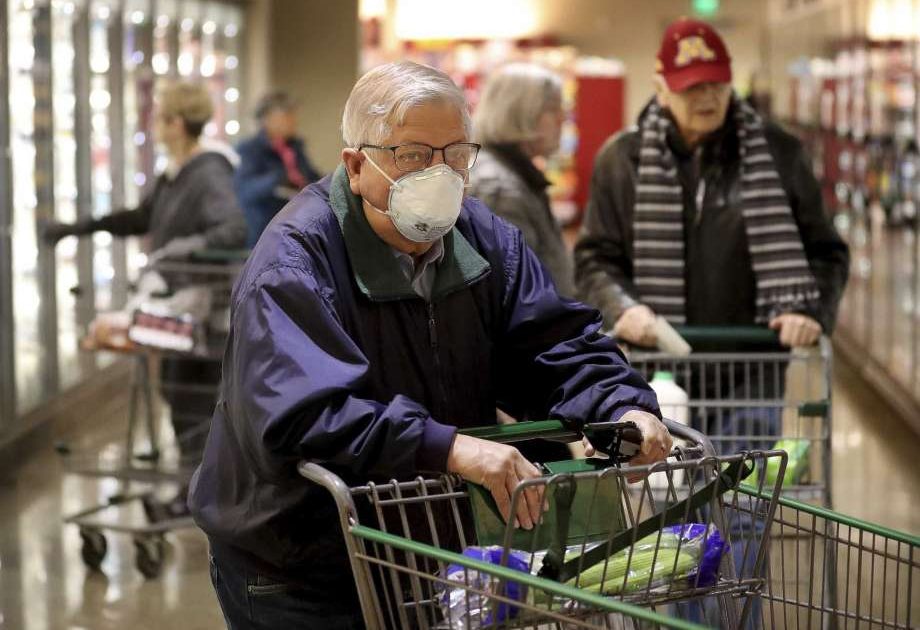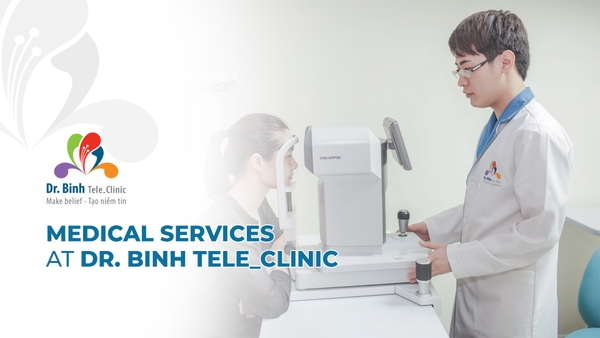Coronavirus: Are diabetics more prone to Covid-19?
- Dr.Binh Tele_Clinic offers up to 30% off on endoscopy with anesthesia combos
- Special Offers at Dr.Binh Tele_Clinic on Vietnamese Women’s Day
- Dangerous complications of cerebral infarction
- What to know when treating urinary stones?
25/03/2020
-0 Bình luận
The CDC has determined that COVID-19 is a serious public health threat—and older adults and people with serious chronic medical conditions, including diabetes, are at a higher risk of experiencing complications and getting very sick from it.

People with diabetes do face a higher chance of experiencing serious complications from COVID-19.
In general, people with diabetes are more likely to experience severe symptoms and complications when infected with a virus. If diabetes is well-managed, the risk of getting severely sick from COVID-19 is about the same as the general population.
When people with diabetes do not manage their diabetes well and experience fluctuating blood sugars, they are generally at risk for a number of diabetes-related complications. Having heart disease or other complications in addition to diabetes could worsen the chance of getting seriously ill from COVID-19, like other viral infections, because your body’s ability to fight off an infection is compromised.
Viral infections can also increase inflammation, or internal swelling, in people with diabetes. This is also caused by above-target blood sugars, and both could contribute to more severe complications.
When sick with a viral infection, people with diabetes do face an increased risk of DKA (diabetic ketoacidosis), commonly experienced by people with type 1 diabetes. DKA can make it challenging to manage your fluid intake and electrolyte levels—which is important in managing sepsis. Sepsis and septic shock are some of the more serious complications that some people with COVID-19 have experienced.
COVID-19 is different from the seasonal flu.
COVID-19 is proving to be a more serious illness than seasonal flu in everyone, including people with diabetes. All of the standard precautions to avoid infection that have been widely reported are even more important when dealing with this virus.
Recommended safety precautions are the same as for flu, such as frequent hand washing and covering coughs and sneezes with a tissue or your elbow. The CDC does not recommend the use of face masks by people who are not infected.
We encourage people with diabetes to follow the guidance of the CDC and to review how you manage sick days—preparing for a sick day can make it easier.
The risks are similar for people with type 1 and type 2 diabetes
In general, we don’t know of any reason to think COVID-19 will pose a difference in risk between type 1 and type 2 diabetes. More important is that people with either type of diabetes vary in their age, complications and how well they have been managing their diabetes
People who already have diabetes-related health problems are likely to have worse outcomes if they contract COVID-19 than people with diabetes who are otherwise healthy, whichever type of diabetes they have.

What should people with diabetes do if they have the virus?
It is recommended that people with diabetes plan ahead of time what to do before they get ill. This includes having the contact information of their health care provider at hand and making sure to have an adequate stock of medications and supplies for monitoring blood glucose at home, so that they do not need to leave the house if they become ill. Peope with diabetes who are infected with the virus may see their glycaemic control deteriorate during the illness. They should practice the “Sick day rules” recommended for any stressful situation to improve their diabetes decompensation. They should also contact their health care provider immediately for advice on how to monitor their blood glucose, get adequate refills for medications (especially insulin) and what adjustments they may need to do in their medication or diet.
Sick day rules for people with diabetes
- Keep hydrated
- Monitor your blood glucose
- Monitor your temperature
- If you are on insulin, also monitor your ketone bodies
- Follow your healthcare team recommendations
Simple, sensible measures should be taken in every-day life in order to avoid infection from the virus:
- Frequently wash hands with soap and water or use an alcohol-based solution, especially before eating and after being in public.
- Don’t share food, tools, glasses and towels.
- Avoid close contact with those who are ill. If someone is visibly ill, coughing or sneezing, keep away.
- If you get ill with respiratory symptoms, stay at home and notify others and your health care provider of the illness.
- When sneezing or coughing, cover the nose and mouth with a tissue or with the crook of the elbow. Throw the tissue in the bin.
- Avoid unprotected contact with wildlife and farm animals.
The World Health Organization recommends that people without respiratory symptoms do not need to wear a medical mask in the community, even if COVID-19 is prevalent in the area. Wearing a mask does not decrease the importance of other general measures to prevent infection, and it may result in unnecessary cost and supply problems.
Source: ADA, IDF




















Bình luận của bạn